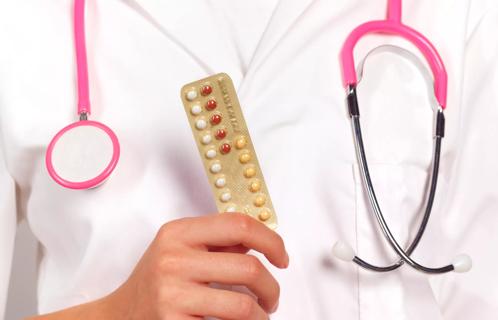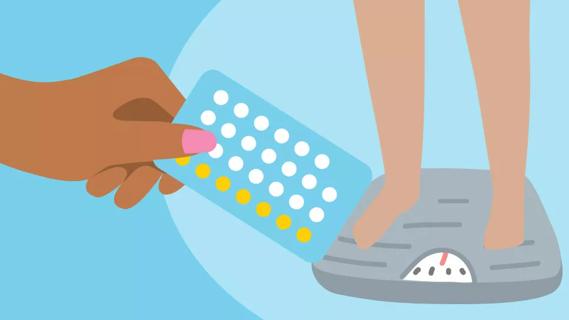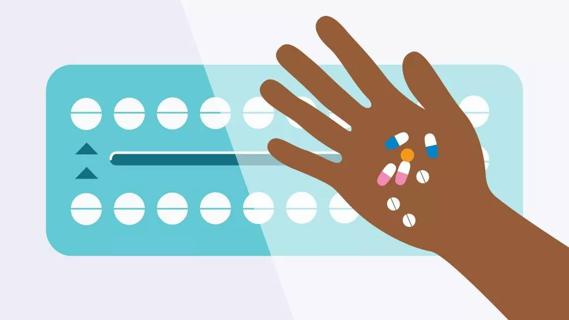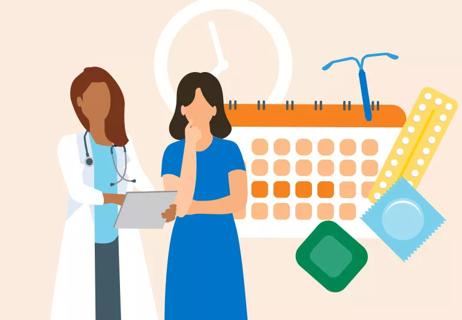An Ob/Gyn answers common questions about emergency contraception

You probably think of emergency contraception as the “morning-after pill,” but that’s actually a bit of a misnomer. There are different kinds of emergency contraception that a woman can use as many as five days after unprotected sex, and some of them aren’t actually pills.
Advertisement
Cleveland Clinic is a non-profit academic medical center. Advertising on our site helps support our mission. We do not endorse non-Cleveland Clinic products or services. Policy
Ob/Gyns don’t recommend using emergency contraception as a primary form of birth control, but in an unexpected or emergency situation, there are options.
Ob/Gyn Diedre McIntosh, MD, addresses some common and important questions.
A: There are currently four available methods:
A: It’s ideal to take Plan B One-Step® within 72 hours (that’s three days) of having unprotected sex. You can take it up to five days after, but there’s a higher failure rate the longer you wait. Ella® can be taken up to five days later without a drop-off in effectiveness.
Advertisement
The copper IUD can also be placed up to seven days later. The Yuzpe method is best used within three days of unprotected sex.
A: It’s the most effective form of emergency contraceptive. It causes an inflammatory reaction in the uterus, so it creates an unfavorable environment for sperm and for implantation to occur.
The one big difference with the IUD is that it could disrupt a good pregnancy. If a woman is considering a copper IUD and has had abnormal periods, she should make sure to do a pregnancy test first.
A: Yes. Emergency contraceptive pills tends to delay ovulation, so you might have a delay in your regular menstrual cycle and have irregular bleeding for that first month afterward.
A: Yes, you might find that your period is pushed back one or two days.
A: It can make people nauseous, but most people tolerate it pretty well. If you vomit within an hour of taking it, contact a healthcare professional.
A: You can take it more than once a month, but we do not recommend using it as a main form of birth control – not only because of the cost but because you will have irregular cycles.
Additionally, with the pills there’s a higher failure rate the greater your BMI. So for women with a BMI over 30, those medications will be less likely to be effective.
Your Ob/Gyn can help you find the most appropriate contraceptive option for you.
Advertisement
Learn more about our editorial process.
Advertisement

Today’s birth control pills don’t usually cause depression — but hormones affect everyone differently

No, you can’t prevent pregnancy by douching after sex, having sex standing up or having sex only at the ‘safe’ time

IUDs can make your period lighter, heavier, irregular or stop it completely

Birth control gel is simple to use and an effective method for preventing pregnancy

The scenarios vary based on how many pills you’ve missed and whether you take a combination pill or progestin-only pill

Despite popular opinion, scientific research shows that most birth control methods don’t contribute to weight gain

Certain seizure medications, HIV treatments, antibiotics or herbal supplements can make your oral contraception less effective

Some birth control can hide perimenopausal symptoms

If you’re feeling short of breath, sleep can be tough — propping yourself up or sleeping on your side may help

If you fear the unknown or find yourself needing reassurance often, you may identify with this attachment style

If you’re looking to boost your gut health, it’s better to get fiber from whole foods